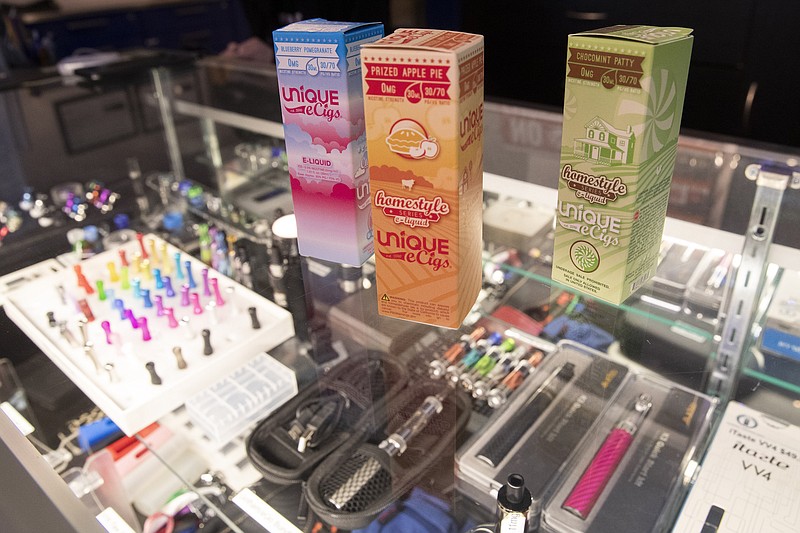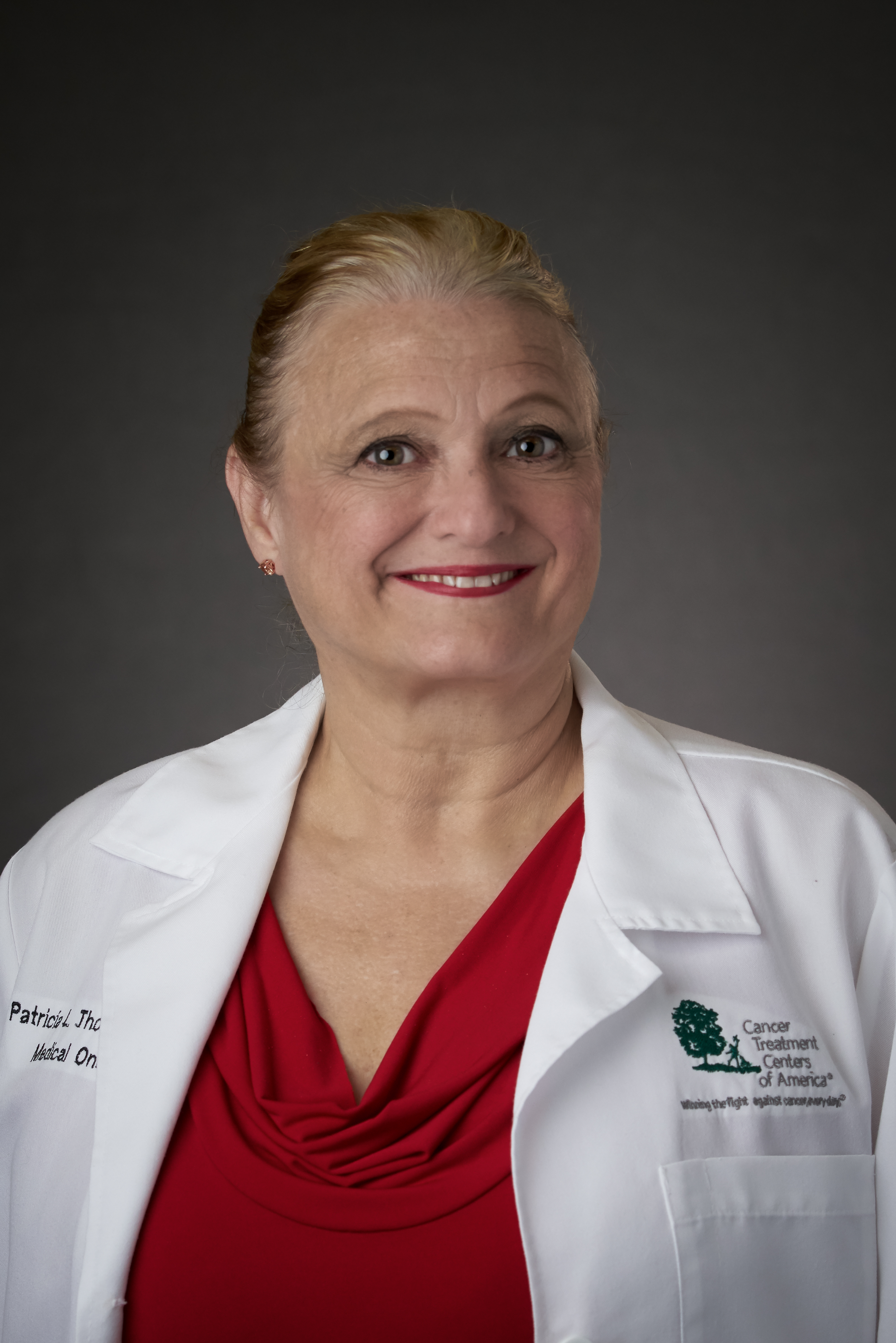The idea that the only people vaping e-cigarettes are current smokers trying to quit is not true, especially in the last several years.
According to data published in the New England Journal of Medicine in October 2019, vaping has doubled among teens in the past two years. In addition, more than 25 percent of high school seniors, 20 percent of high school sophomores and nine percent of eighth graders admit to vaping in the past 30 days. Given that brain development continues into the early and mid-20s, exposure to nicotine and other harmful chemicals is setting them on a path that may not only impact their developing brains, but could lead to addiction, or even worse, lung cancer.
As an oncologist and parent, I'm committed to elevating the discussion about the dangers of vaping in order to give individuals a better understanding of potential, negative ramifications.
The aerosol inhaled from vaping contains a mixture of chemicals including nicotine, formaldehyde and acrolein. In 1987, the U.S. Environmental Protection Agency (EPA) classified formaldehyde as a probable human carcinogen under conditions of unusually high or prolonged exposure. Since that time, studies have suggested that formaldehyde exposure is also associated with certain types of cancer. Acrolein, which is commonly used as a weed killer, can cause irreversible lung damage, while the aerosol in and of itself can irritate the lungs, throat and eyes.
In 2016, the Surgeon General concluded that those exposed to second hand emissions, including nicotine, ultrafine particles; flavorings such as diacetyl, a chemical linked to serious lung disease; volatile compounds such as benzene, found in car exhaust; and heavy metals, such as nickel, tin and lead are at increased risk of developing lung cancer.
There are also additional risks associated with flavored e-cigarettes, most prominently exposure to diacetyl. When inhaled, diacetyl causes bronchiolitis obliterans – more commonly referred to as popcorn lung – a scarring of the tiny air sacs in the lungs resulting in the thickening and narrowing of the airways.
In a recent study, researchers at Harvard found that 39 of 51 e-cigarette vapors contained diacetyl. The study also revealed that two other harmful chemicals – pentanedione and acetoin – were present in 23 and 46 of 51 flavors tested respectively.
(MORE: New Children's Hospital at Erlanger clinic targets youth vaping, aims to help lung illness)
Health risks associated with vaping are still being evaluated, but there is a growing body of evidence that the chemicals in these products are very dangerous. Recently, the World Health Organization (WHO) said electronic cigarettes and heated tobacco products are a real danger to public health and unequivocally do not help reduce cancer. Like WHO, I am advocating that the regulation of these products include:
* Impeding the promotion of e-cigarettes and heated tobacco products
* Minimizing potential health risks to users and non-users
* Prohibiting unproven health claims from being made about these products
* Protecting existing tobacco-control efforts from commercial and other vested interests of the tobacco industry
I'm also calling for the implementation of educational programs and additional research into potential risks associated with vaping. While studies show short-term effects on various physical functions, we haven't seen enough evidence to truly understand long-term ramifications. The surest way to avoid problems is not to vape.
Dr. Patricia Rich, medical oncology director of the Cancer Treatment Centers of America Lung Cancer Institute, is a former member of the American Lung Association's Lung Cancer Expert Medical Advisory Panel which provides strategic advice on critical lung cancer science and lung cancer-related issues.

